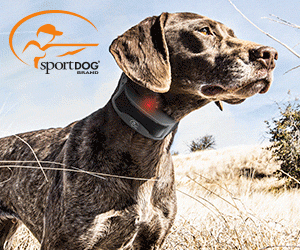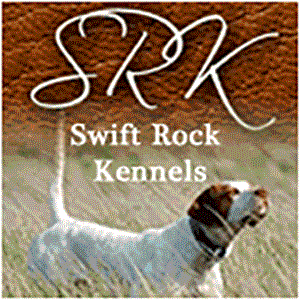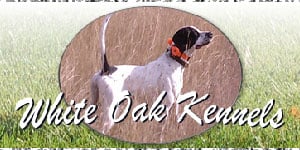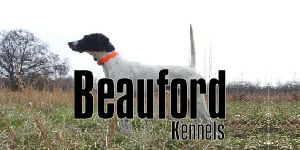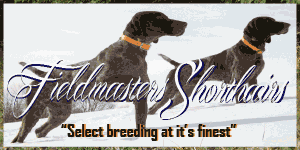Portuguese Pointer
Portuguese Pointer's for Sale| Portuguese Pointer Kennels & Breeders | Portuguese Pointer Photos
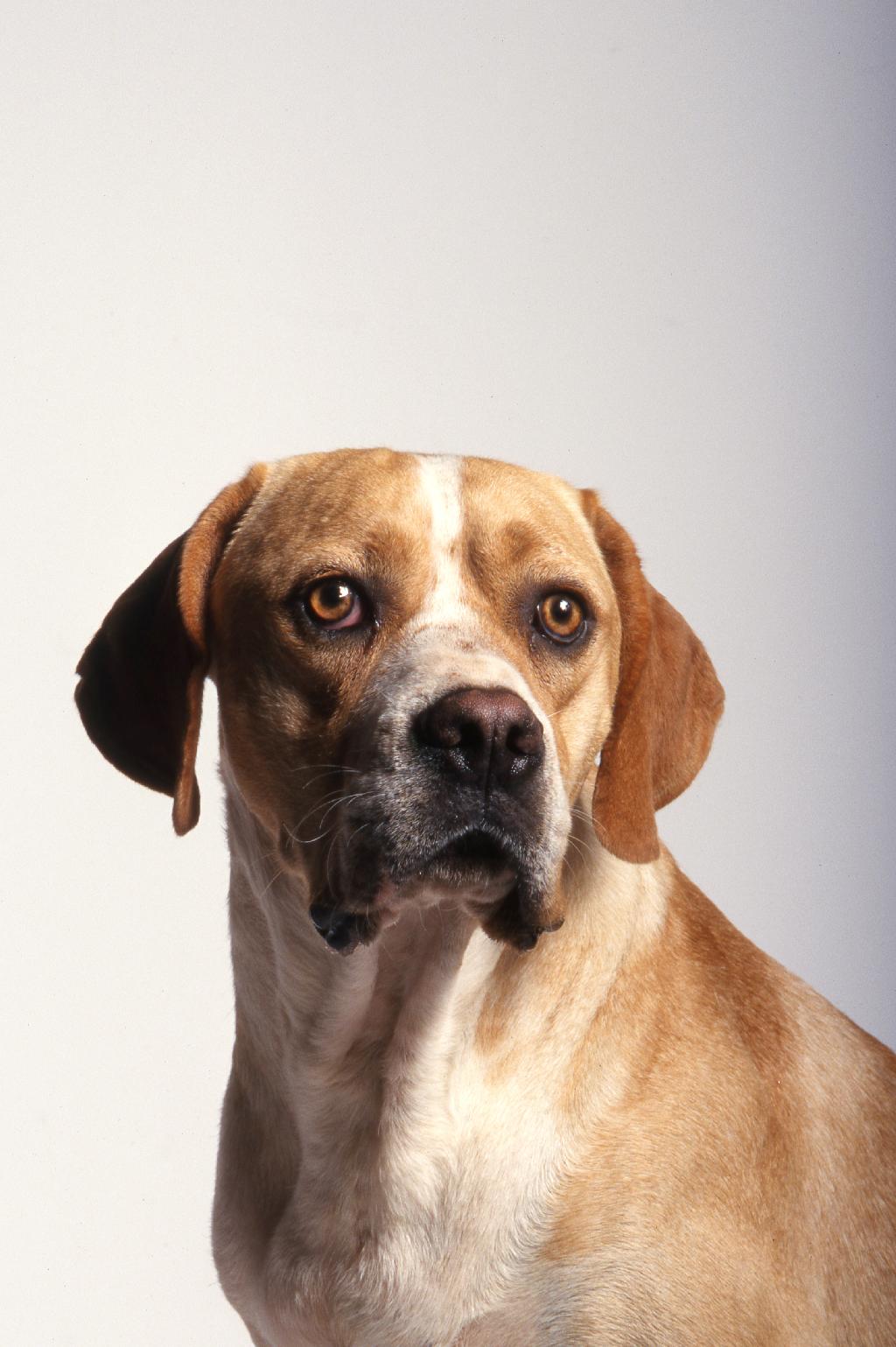
Portuguese Pointer Litter Annoucement | Portuguese Pointer Puppies for Sale | Portuguese Pointer Started Dogs | Portuguese Pointer Finished Dogs | Portuguese Pointer Stud Dogs
Description
The Portuguese pointer breed is a medium-sized dog that belongs to the gundog group of dogs. Its an extremely affectionate, lively, and dedicated breed that pleases the owner. The Portuguese Pointer was a descendant of the Spanish Pointer, who was majorly used for hunting in partridges. The breed has adapted its Portugal native environment since it has stamina. The Portuguese Pointer is also a fast learner, which makes it easier to train.
History
The term Pointer was mainly used to refer to any hunting dog breed that pointed at the game of hunting. This breed is believed to originate from Spain, although its history doesnt clearly state this. The pointing dogs were first introduced in England in the early 1650s, and some people say that English Officers brought the Spanish Pointers from the Netherlands where the control was.
These Spanish Pointers were huge, heavier, and slower compared to todays pointers. The appearance of modern pointers was bred in England through crossbreeding the Greyhound, Bloodhound, Foxhound, and later some setters. However, most hunters wanted a crossbreed that consisted of the Bloodhound as a result of its elegance, speed, easy to maintain, scenting ability, and endurance. Later, the breed would be crossed with some setters to improve its temperament. This went on successfully, and in the end, they got an excellent hunting dog that became a favorite pet for many England aristocrats. The two most popular British Pointers were Juno and a Pluto, both owned by Colonel Thornton. Its believed that Pointers made their way to America through early colonists, although their existence wasnt documented until during the Civil War. Today, the Portuguese Pointer isnt that common, although it ranks as the 103rd popular breed registered by the American Kennel Club.
Appearance
The Portuguese Pointer only comes in two primary colors that the UK Kennel Club accepts for registration. The colors are Yellow and White. Its short with wide back slopes and muscular and powerful thighs. Its tail is very thick, especially at the base, thats usually hanging at rest and carried higher when the dog is active. Its head is square-shaped and proportional to the size of its body. The ears are soft to touch, fine, medium-sized, and they fall onto its cheek. The breed also has an elegant and effortless movement that gives an impression of coordination and power.
Size
The male dogs stand at 25-28 inches while the female dogs stand at 23-26 inches. The males have an average weight of 55-75 pounds, while the females have 45-65pounds.
Personality
Although the breed is devoted and even-tempered, it has a congenial companion. Additionally, the Pointer has an independent streak, a competitive spirit, and is mischievous. The Portuguese Pointer is also calm, curious, hardy and persistent. Its also gentle, meaning that its friendly, especially to the children and thus making it a good family pet. The breed is also sociable and likes human company meaning that it can easily suffer separation anxiety after being left alone at home. Its also a good watchdog it can protect your home by barking, especially when theres a danger.
Trainability
The Portuguese Pointer breed has a feature of always pleasing the owner, meaning that its a quick learner, especially when using positive reinforcement techniques. Recall training isnt a problem as well as in house training. The breed is also friendly with other dogs provided that know each other from a young age.
Health
The average lifespan of a Portuguese Pointer is 10-12 years. However, this can be affected by some factors, including the health condition of the dog. Just any other dog breed, the Portuguese can be affected by various health conditions which include the following:
- Hip Dysplasia
- Epilepsy
- Progressive Retinal Atrophy (PRA)
- Allergies
- Neurotropic Osteopathy
- Entropion
- Cherry eye
- Addisons disease
- Cataracts
- Chondrodysplasia
- Skin cysts
- Demodectic mange
Exercise
The Portuguese Pointer requires exercises, and therefore it should be taken for a 30minutes walk to keep it healthy and happy. You should, however, note that this breed requires less exercise compared to most breeds in the gundog group. Additionally, it also requires some mental stimulation since it easily gets bored, which may lead to the appearance of some destructive behaviors.
Colors
• Light Brown
• Light Brown w/ White
• Yellow
• Yellow w/ White
Portuguese Pointer's for Sale | |


